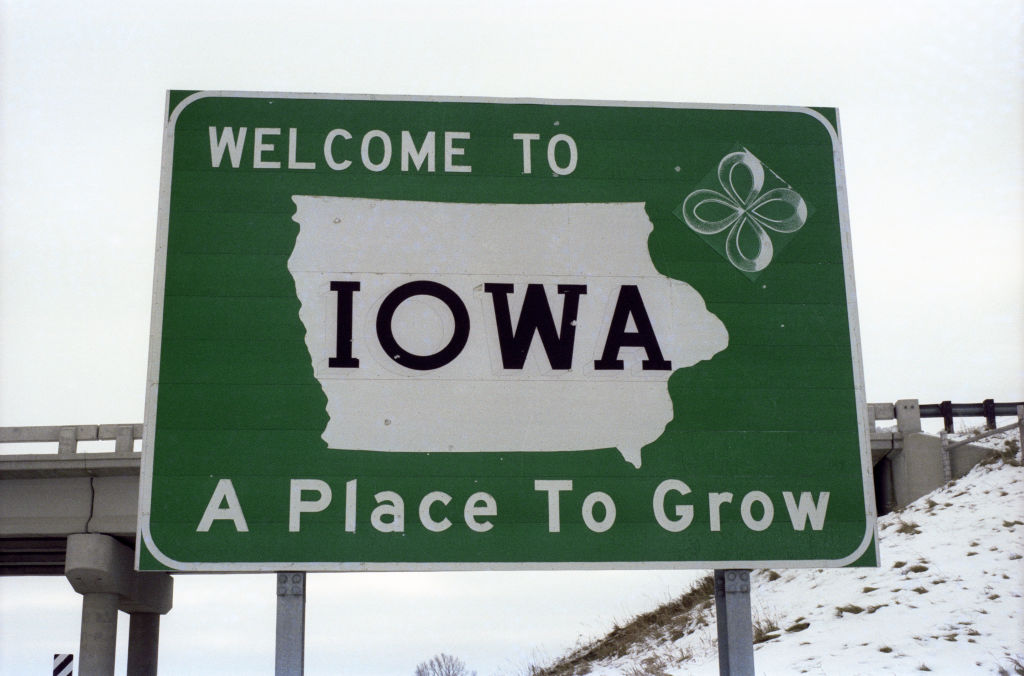If you are Black in America, chances are you know of someone who needs an organ donation. But how many of us have filled out an organ donation card?
According to the U.S. Department of Health and Human Services, African-Americans compose the largest group of minorities on the organ donation list at thirty percent, but only make up sixteen percent of donors.
Why is there such a huge gap between those who need an organ and those who actually donate organs? The Urban Housecall Doctors, Dr. Karla and Dr. Rob, recently spoke with Roland Martin on NewsOne Now about the donation gap and took the opportunity to dispel some of the misconceptions regarding organ donation.
Dr. Robert Robinson III said many African-Americans do not register to be organ donors as a result of fear. Dr. Rob said, “They feel that if they experience a health emergency that they won’t be treated because they’ll see ‘we got organs.'”
Dr. Rob assured viewers this is not the case and said often times when a patient comes into the emergency room for treatment, doctors “don’t know that someone is an organ donor.”
He assured viewers that cultivating organs from someone is not high on the priorities list: “The first effort is to treat that emergency then and there, and then it’s only later that it’s determined that they’re an organ donor or that they’re eligible for organ donation.”
Dr. Rob continued, “You’re not going to be treated any differently because you are an organ donor.”
Another misconception African-Americans typically express about organ donation deals with the bone marrow registry. Dr. Karla Robinson told Martin many believe that signing up for the bone marrow registry will involve a painful procedure.
“In fact, signing up for the bone marrow registry is just as simple as a cheek swab,” said Dr. Karla.
She also believes “miseducation” and “not enough information about the facts” are at the root of the misconceptions African-Americans have regarding organ donation.
To combat the misconceptions, the Urban Housecall Doctors believe the African-American community should have a conversation regarding organ donation with an emphasis on who would benefit.
For those who are interested in becoming organ donors, Dr. Rob and Dr. Karla compiled a list of four things that must be done to make your decision to donate known.
- Register with the local organ and tissue registry.
- Notify family and your physician of your wishes.
- Outline wishes in advance directives.
- Draft wills and living documents.
Watch Roland Martin and the Urban Housecall Doctors debunk the misconceptions many African-Americans have regarding organ donation in the video clip above.
PHOTO CREDIT: Getty
Watch NewsOne Now with Roland Martin, in its new time slot on TV One.
SEE ALSO:
Lack Of Sleep In The Black Community Is Causing Major Health Problems
























